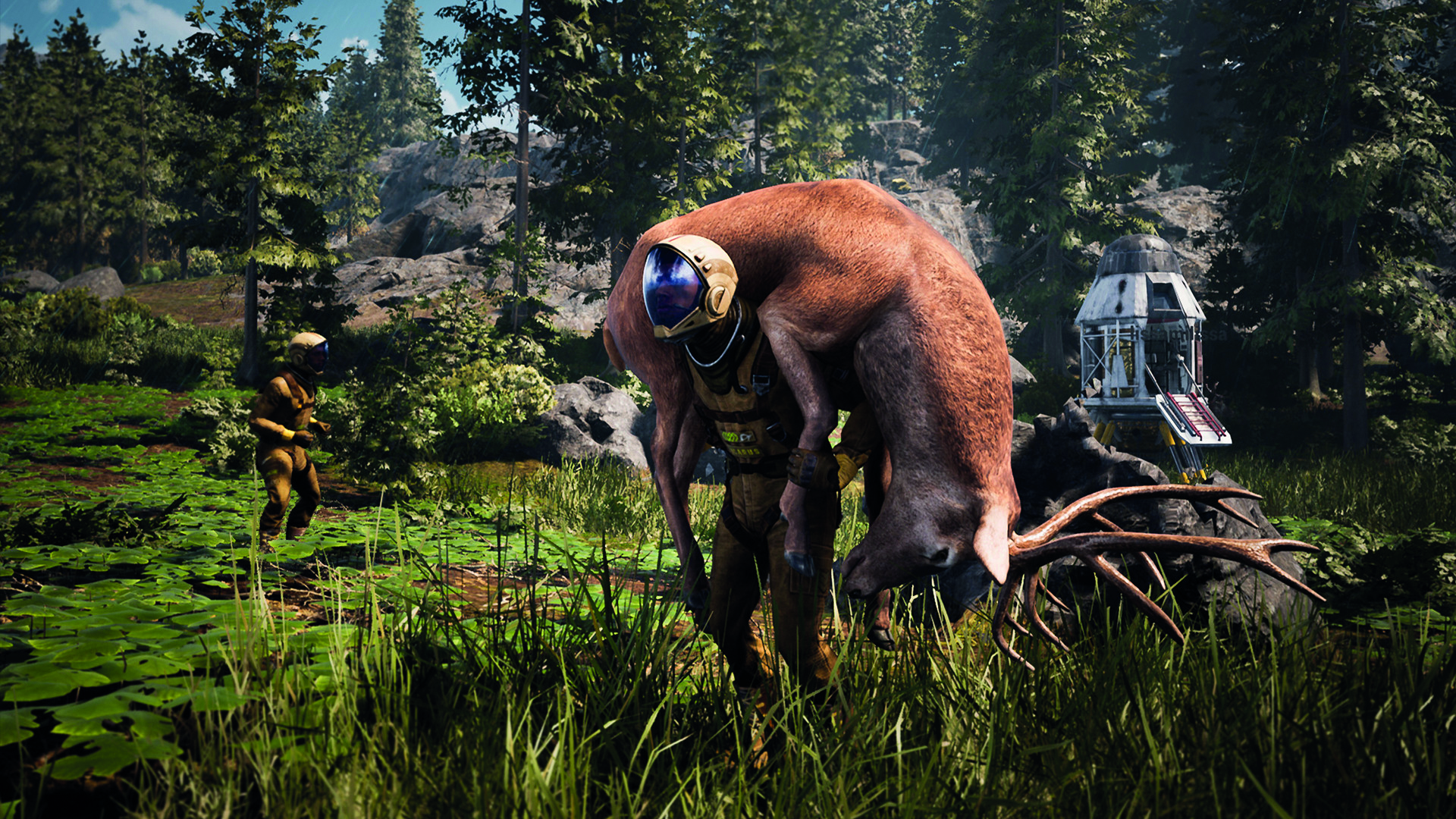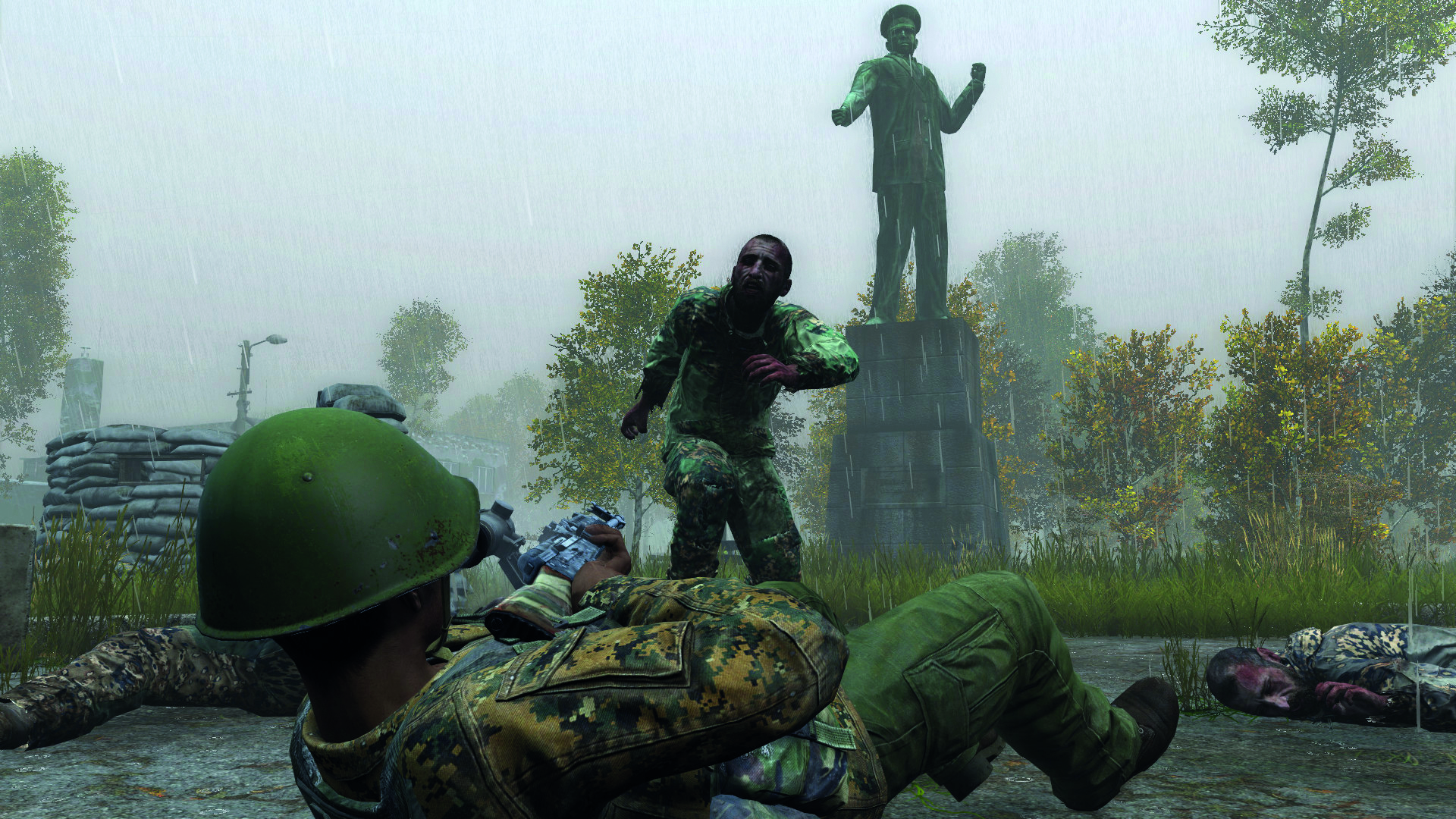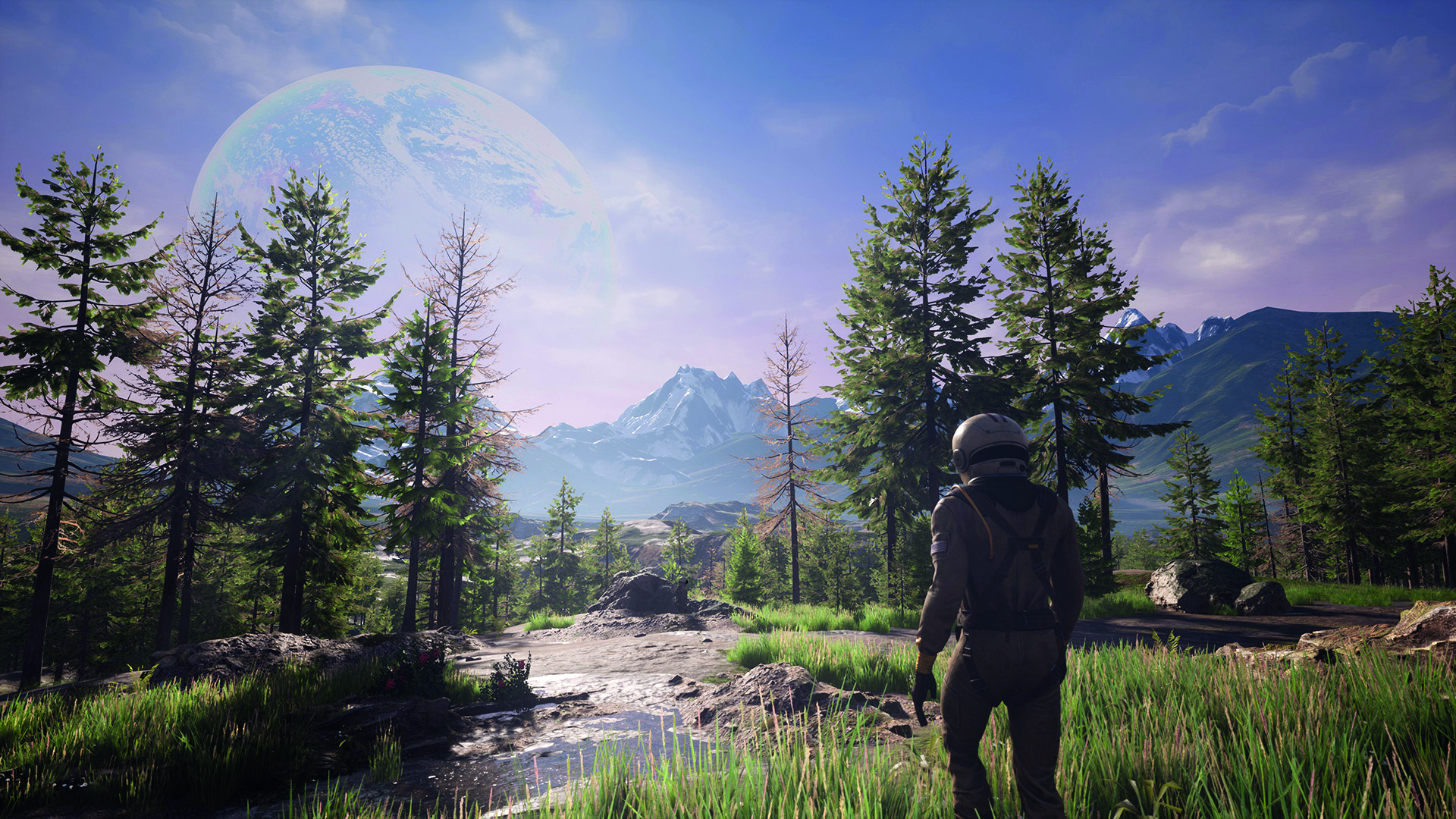From battle royale to burnout with former DayZ director Brian Hicks
"We had two or three weeks to get our first prototype working, because that’s the date Jordan put on all our promotional material.”


This article first appeared in PC Gamer magazine issue 359 in July 2021, as part of our 'Positive Influence' series, where every month we chat to a different developer about the inspirations and unexpected connections behind their work.
There was no PUBG when Brian Hicks and Jordan Tayer conceived the Survivor GameZ, a last-player-standing tournament for DayZ. But in 2012, The Hunger Games was an international movie phenomenon, and Tayer couldn’t stop talking about its potential.
“He just kept pushing that point,” Hicks recalls. “The more he talked about it, the more I realised he’d push to make it happen, whether or not anyone had the ability to technically implement it. He put me in a position where if I didn’t jump in, learn how the hell Arma 2 worked, and figure it out, we were going to land flat on our face and everyone at work was going to see it.”
At the time, Hicks was a company man at Microsoft Studios, project managing by day and streaming DayZ by night. But suddenly, he was working flat out to build a 32-player event version of Chernarus. “I didn’t have time to overthink things,” he says. “I didn’t have time to doubt myself. We had two or three weeks to get our first prototype working, because that’s the date Jordan put on all our promotional material.”
The events snowballed in popularity, becoming a bimonthly spectator sport that attracted 263,000 viewers. For a while, Hicks acted as tech developer, session admin, and talent wrangler, as well as spawning objects into the world as the de facto dungeon master. The stress didn’t exactly endear him towards what he was creating.

“I hated the Survivor GameZ,” Hicks says. “I hated the idea of what we now know as battle royale, I never competed in one of the events. There were so many times where I was like ‘If this died tomorrow, I would be happy’. But it was succeeding, and having my creative output succeed felt good.” To this day, Hicks can’t face playing PUBG or any of its battle royale peers. For him, they’re associated with pressure and burnout. Thankfully, though, the experience didn’t taint his love for survival games—and did attract the attention of Dean Hall, who hired Hicks to work on standalone DayZ.
Czech Mates
Working in the Czech Republic offices of Bohemia Interactive proved to be the game development equivalent of method acting. For almost half a decade, Hicks inhaled the Mnisek countryside and breathed it out again as DayZ.
“It’s tangible,” he says. “For years one of the loading splash screens was a foggy shot of trees with zombies off in the distance. That was a real-life picture. We drove out north of Prague, near the Polish border, to these reddish, rocky spires. That area is in DayZ now.”
Keep up to date with the most important stories and the best deals, as picked by the PC Gamer team.
To this day, Hicks can't face playing PUBG or any of its battle-royale peers
Players will know the Tisy military base, which in reality is located three and a half kilometres up the road from the Mnisek studio. “It’s an abandoned Soviet surface-to-air missile installation,” Hicks says. “Early warning from when it was Czechoslovakia and behind the Iron Curtain. I’ve got gigabytes of footage.”
DayZ’s vehicles, meanwhile, came from photographs taken of old Skodas on Hicks’ Canon 5D Mark II camera, around Lipová village – which itself is recreated almost one-to-one in Chernarus as Stary Sobor, the map’s largest central town. “DayZ was definitely a project that pulled from reference more than anything,” Hicks says. “We almost never had any concept art at all.”

The project was a learning curve for Bohemia Interactive, which found itself at the centre of a new genre after years in simulation shooters like Arma. In that sense the studio, “sometimes begrudgingly”, became a student of Hicks and Hall – the pair teaching their employer in the ways of the survival game. Though both men have since moved on, you can still see their lessons in Bohemia’s Vigor, a shelter-building shooter set in post-war Norway.
Hicks resumed his role as teacher while at InXile, the RPG developer behind Wasteland, on a cancelled VR survival game. He found a willing pupil in Brian Fargo. “There was a lot of give and take there,” Hicks says.
Today though, Hicks works at Hall’s RocketWerkz, on the upcoming survival game Icarus. “It just felt right,” he says. “Throughout my whole career, I’ve always worked in sandboxes and virtual worlds. That’s my thing. That’s what keeps me up at night."
Jeremy Peel is an award-nominated freelance journalist who has been writing and editing for PC Gamer over the past several years. His greatest success during that period was a pandemic article called "Every type of Fall Guy, classified", which kept the lights on at PCG for at least a week. He’s rested on his laurels ever since, indulging his love for ultra-deep, story-driven simulations by submitting monthly interviews with the designers behind Fallout, Dishonored and Deus Ex. He's also written columns on the likes of Jalopy, the ramshackle car game. You can find him on Patreon as The Peel Perspective.

